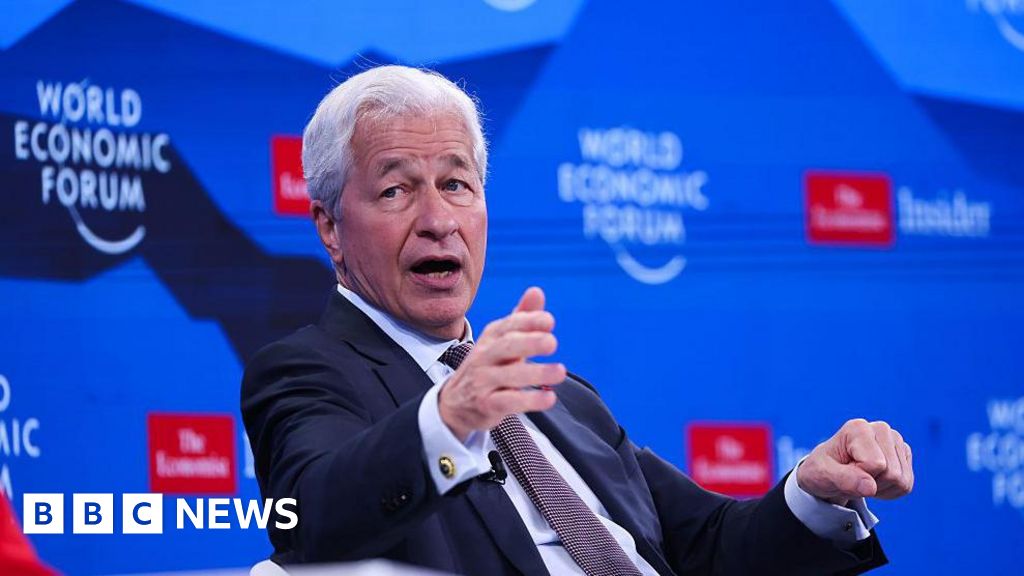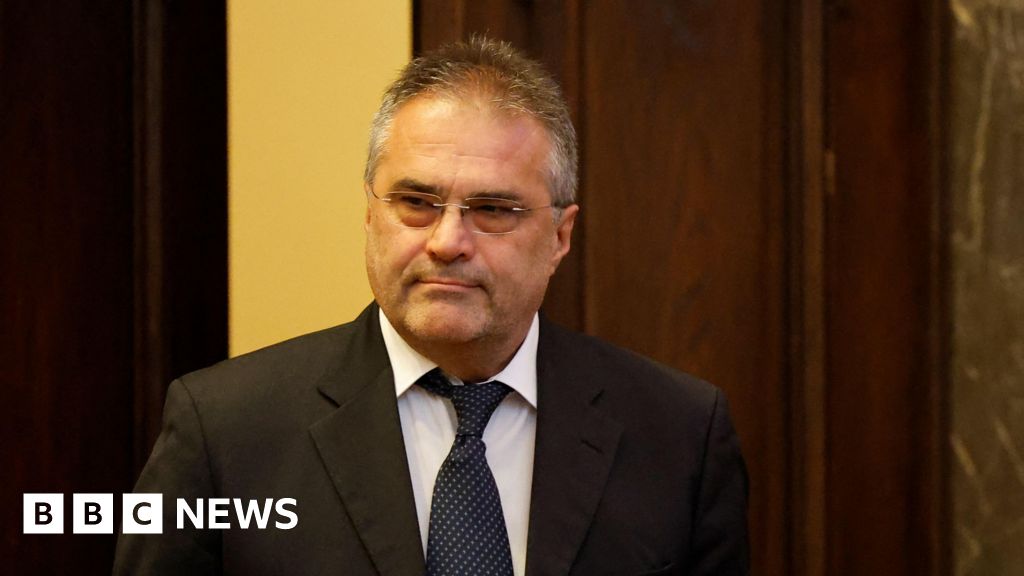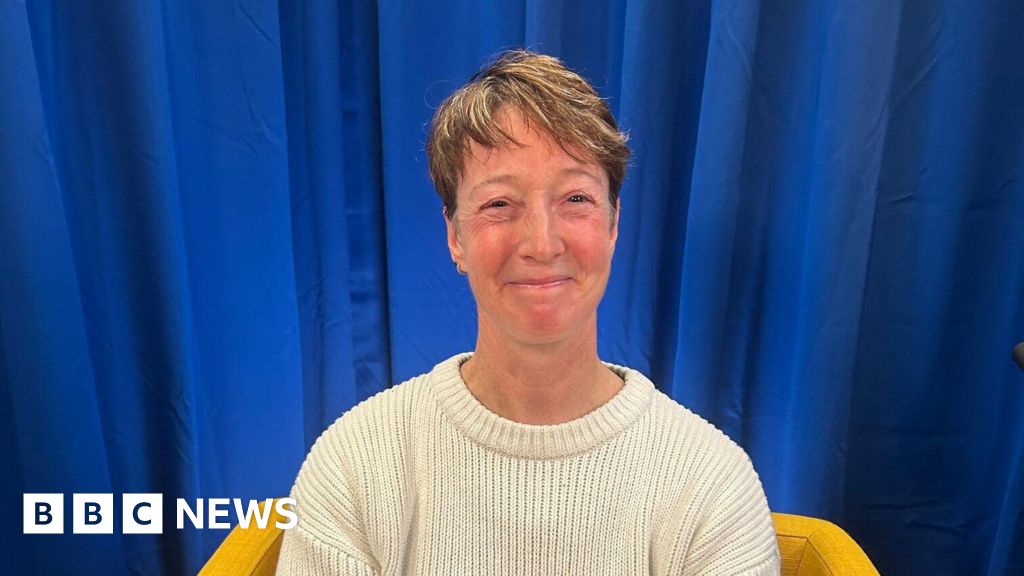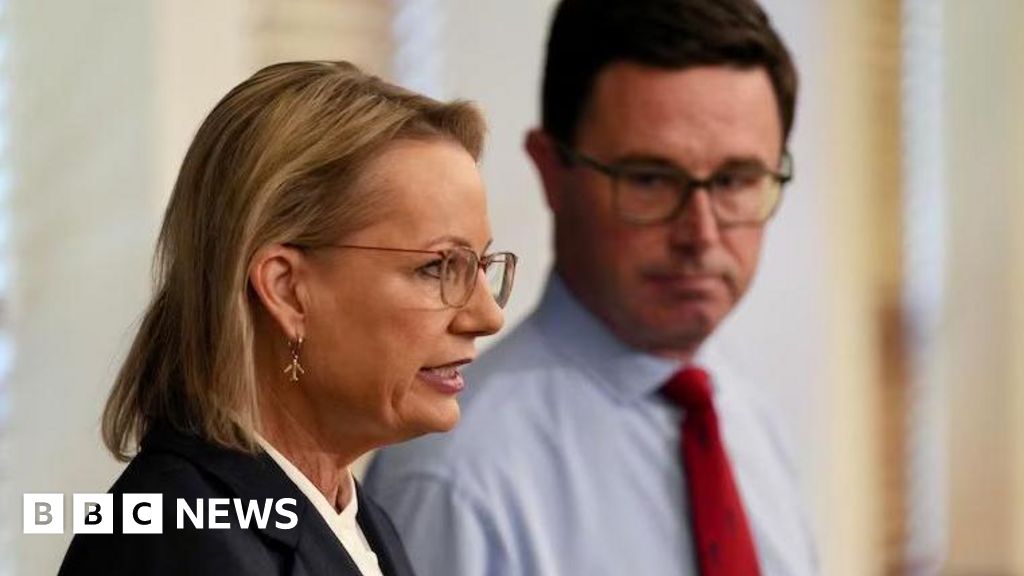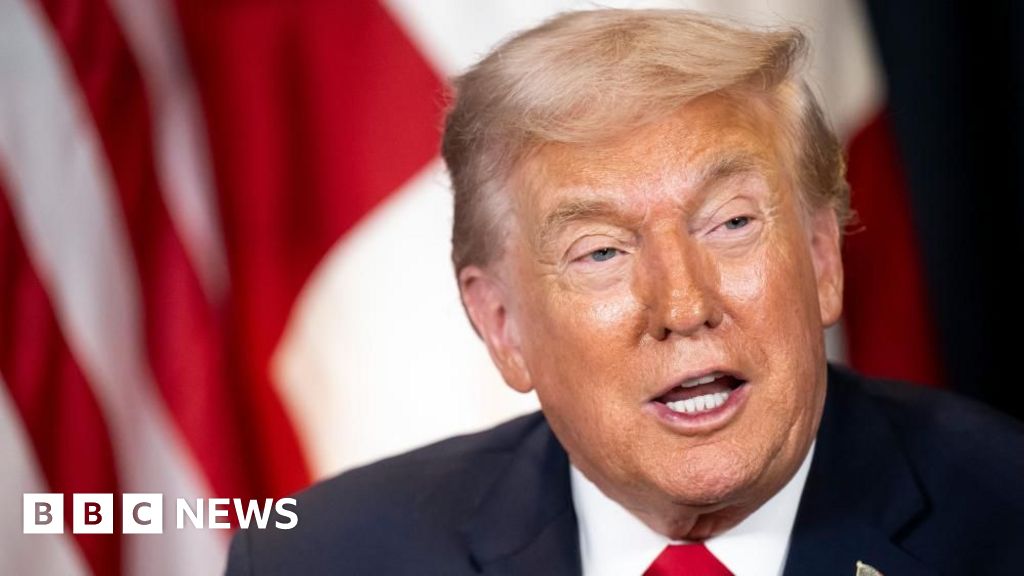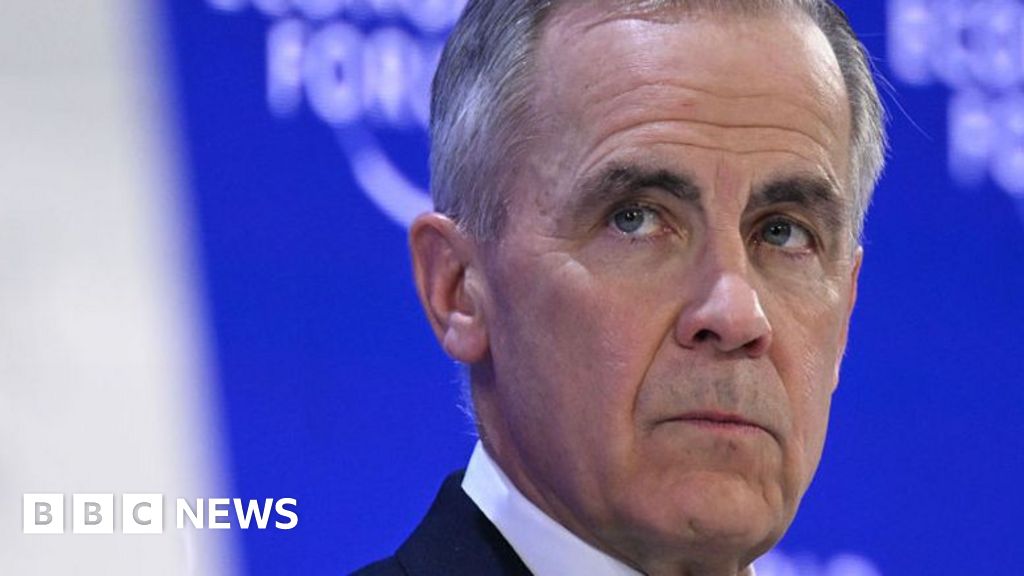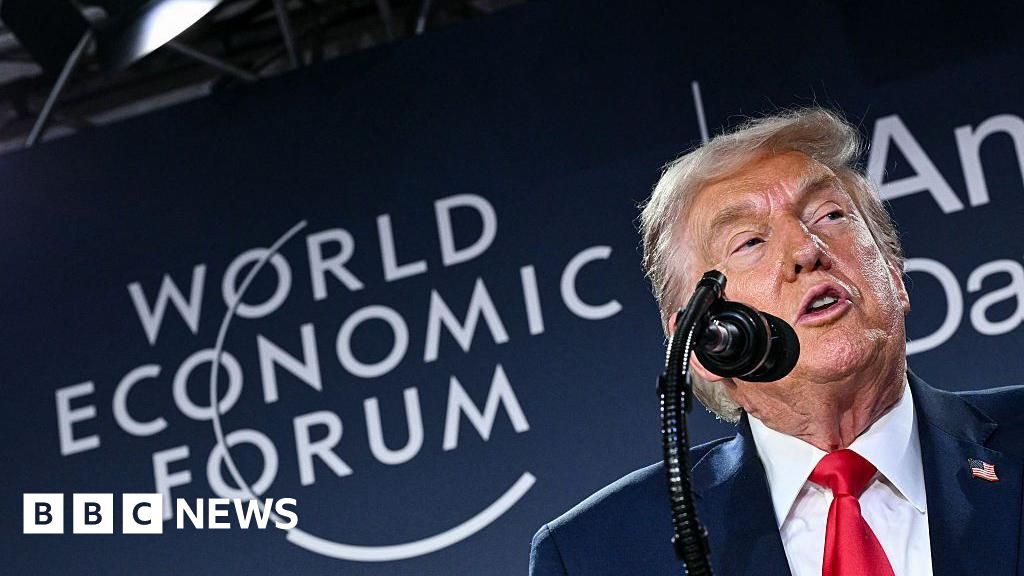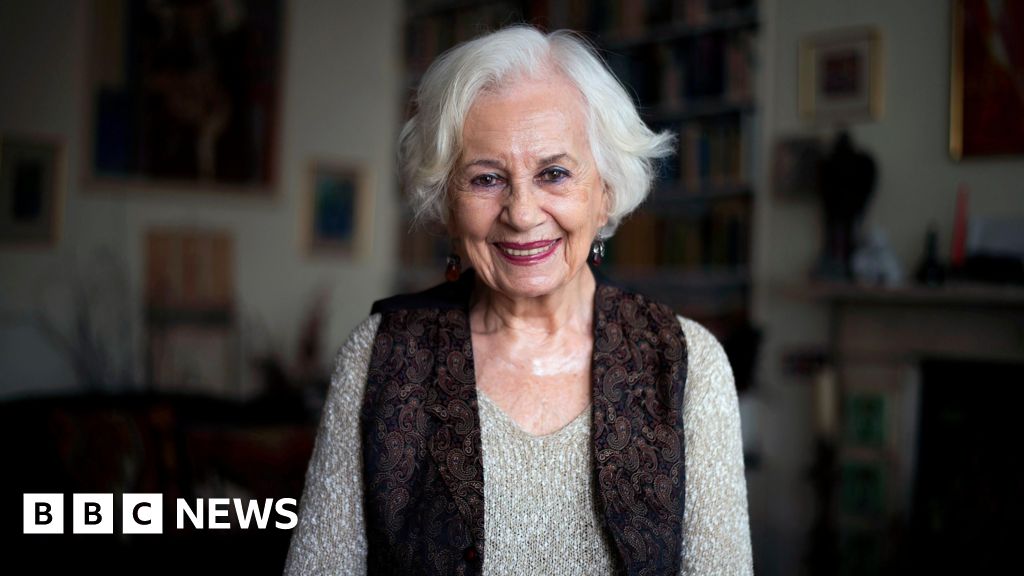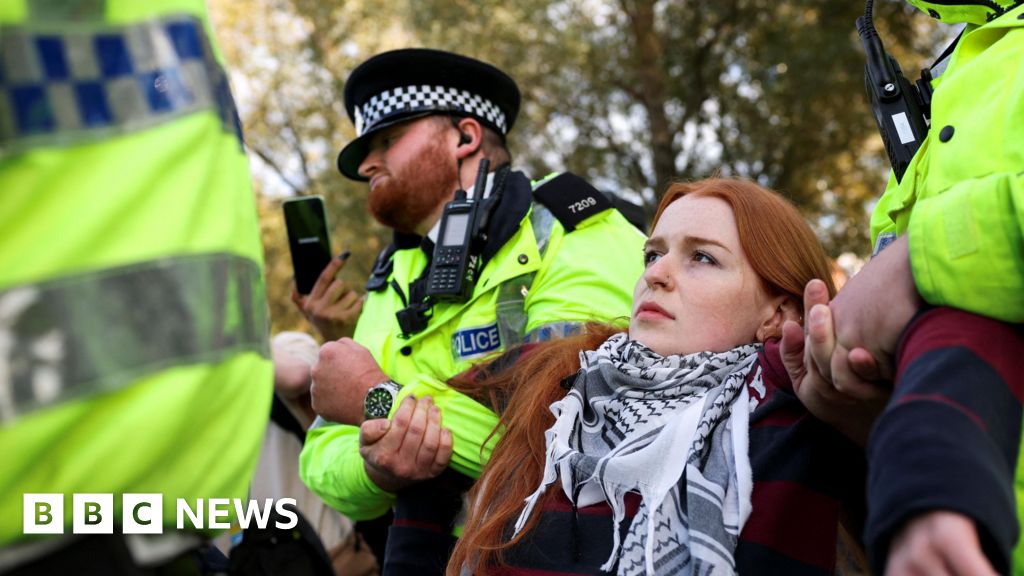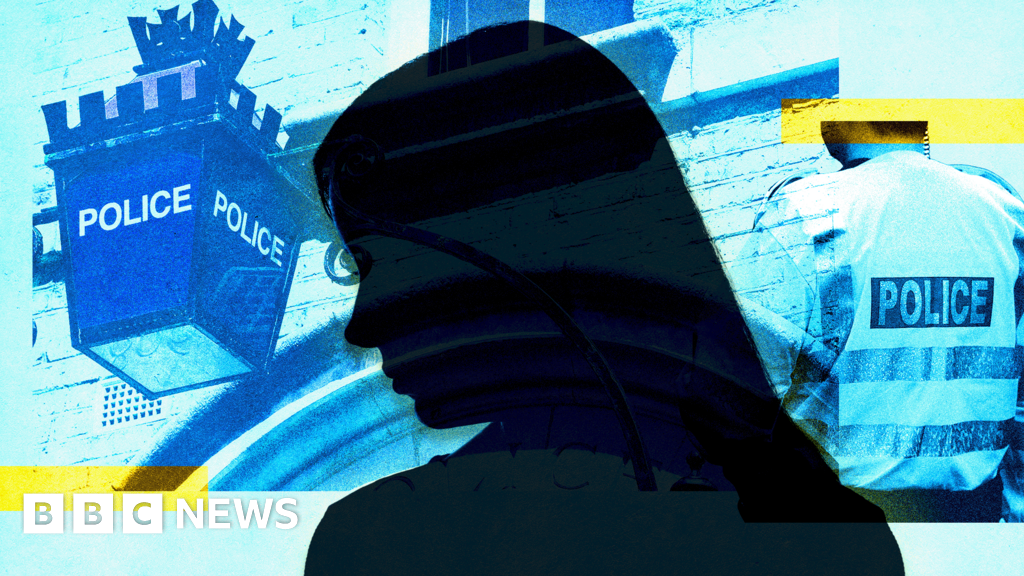Joshua NevettPolitical reporter

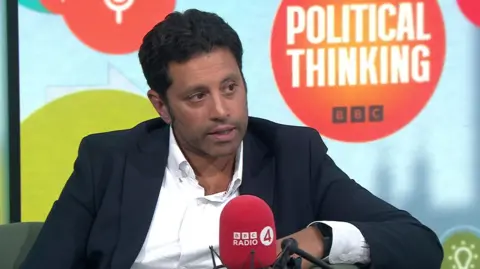 BBC
BBC
Universities could face sanctions if pro-Palestinian protests descend into harassment and discrimination against Jewish students on campus, the free speech director at the watchdog for higher education in England has said.
Arif Ahmed, from the Office for Students (OfS), told the BBC freedom of speech did not mean the freedom to intimidate, harass, and discriminate against Jewish students.
He said he was concerned about antisemitism on campuses and warned universities the OfS was "prepared to act" if Jewish students were not protected.
The regulator has the power to issue fines, cut off access to public funding and revoke the ability to award degrees if universities breach its rules.
Mr Ahmed - who champions free speech on campuses in his role - spoke to the BBC's Political Thinking podcast following a wave of pro-Palestinian protests on the second anniversary of the 7 October Hamas attack on Israel.
The protests went ahead despite the pleas of Prime Minister Sir Keir Starmer, who urged students not to take part, warning of "rising antisemitism on our streets".
Sir Keir said it was "un-British to have little respect for others" by staging demonstrations on the anniversary and argued the protests had been used by some as a "despicable excuse to attack British Jews".
Students from London universities took part in a joint march on 7 October, while rallies took place in Edinburgh, Belfast and Sheffield.
Protest group UCL Action For Palestine, which took part in the London march, posted on social media that it would not be "silenced or intimidated" and stood in solidarity with the thousands of Palestinians killed before and prior to October 2023.
The protests came days after two Jewish men were killed in a terrorist attack at a Manchester synagogue on Yom Kippur.
Security has been stepped up at synagogues across the country in response to the attack.
In his interview with Political Thinking, Mr Ahmed said he was concerned about the protests on 7 October and antisemitism against Jewish students.
"Universities and colleges also have a duty to take steps to protect students from harassment and that includes antisemitic harassment," he said.
"And we in the OfS will be prepared to act if we think universities are not meeting those duties."
He said if there was "unlawful support for proscribed organisations" on campus "then that's absolutely not something that freedom of speech protects and it is something that we would expect universities to address".
Universities and colleges must be registered with the OfS if they want certain benefits, including access to student loan funding.
If universities are deemed to have breached the conditions of registration, they can be sanctioned by the OfS.
In March this year, the University of Sussex was fined £585,000 by the OfS for failing to uphold freedom of speech.
The OfS said the university's policy statement on trans and non-binary equality, including a requirement to "positively represent trans people", could lead to staff and students preventing themselves from voicing opposing views.
Risk of political violence
In an earlier interview with Political Thinking, Mr Ahmed said the assassination of American conservative activist Charlie Kirk was "an appalling tragedy" and warned democracy would not survive if differences could not be settled through speech.
"You must allow people to express their views on really controversial topics, because alternatively, there will be no alternative to violence," Mr Ahmed said.
"And that will be the abyss that we end up falling into."
Mr Ahmed also said the OfS was "ready to act" to punish universities for not protecting academics and students from harassment and intimidation from foreign dictatorships.
Mr Ahmed said he had seen evidence of visiting foreign scholars threatening academics in the UK, whispering in their ears "we're following you, we're watching you".
He said: "If your business model involves breaking the law, if your business model involves unlawfully suppressing academic freedom and freedom of speech at the behest of a foreign dictatorship, then you need another business model."
Mr Ahmed said the OfS had powers to force universities to take action.
"We can remove their titles to universities. We can fine them. We can ultimately cut off their access to public funding."
You can listen to the interview with Arif Ahmed on the latest episode of Political Thinking with Nick Robinson on Saturday at 17:30 on BBC Radio 4 or on BBC Sounds.

 3 months ago
85
3 months ago
85

